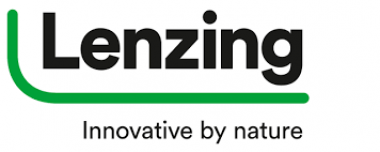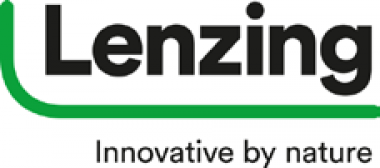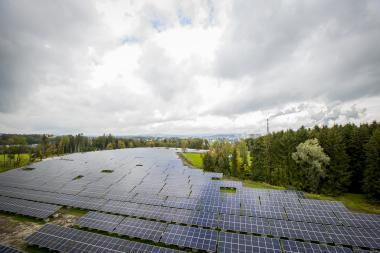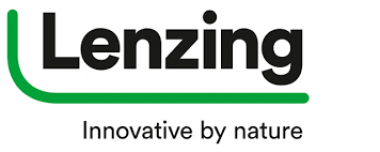Lenzing: Echtzeit-Lieferverfolgung und CO2-Visibilität
- Die Zusammenarbeit mit project44, einem Anbieter von Supply-Chain-Lösungen, zielt darauf ab, die Transparenz und Effizienz zu steigern und gleichzeitig einen vollkommen neuen Überblick über die CO2-Emissionen bis auf Containerebene zu ermöglichen
- Das neue System zur Echtzeit-Lieferverfolgung von Containern bietet Lösungen zur Bewältigung der Komplexität der Lieferketten in der Faserindustrie, die in den letzten Jahren deutlich zugenommen hat
- Mit dem auf Künstliche Intelligenz, maschinellem Lernen und Predictive-Analysis-Technologie basierenden Trackingsystem stellt Lenzing erneut unter Beweis, wie sich mithilfe digitaler Technologie agile, vernetzte und nachhaltige Lieferketten gestalten lassen
Die Lenzing Gruppe hat gemeinsam mit project44, einem Anbieter von digitalen Supply-Chain-Lösungen, ein Verfahren zur Echtzeit-Lieferverfolgung von Containern eingeführt. Im Einklang mit den Nachhaltigkeitszielen von Lenzing ermöglicht das Trackingsystem den Partnern entlang der Lieferkette auch einen besseren Überblick über die CO2-Emissionen und optimiert dadurch das Kundenerlebnis.
Um die zunehmende Komplexität der Lieferketten innerhalb der Branche zu bewältigen, hat Lenzing eine vollständig integrierte Echtzeit-Programmierschnittstelle (API) zwischen ihre SAP-Software und der Plattform von project44 eingebunden. In Kombination mit fortschrittlicher künstlicher Intelligenz (KI), GPS-Sensoren und Technologien für maschinelles Lernen kann Lenzing ihren Kunden nun genaue Echtzeit-Informationen zu den Faserbestellungen bereitstellen – vom Lieferstatus über den Standort der Container bis hin zur Verfolgung der Schiffsrouten und den voraussichtlichen Ankunftszeiten in Häfen weltweit.
Zusammenarbeit für das gemeinsame Ziel einer besseren CO2-Transparenz
Im Rahmen ihres Nachhaltigkeitsversprechens bietet Lenzing durch das Echtzeit-Sendungsverfolgungssystem ihren Partnern in der Wertschöpfungskette verbesserte Lösungen, um ihre CO2-Reduktionsziele zu erreichen. So erhalten Kunden sowohl auf Sendungs- als auch Containerebene Zugang zu Daten über Scope-3-Emissionen, die vom Global Logistics Emissions Council (GLEC) bestätigt sind. Anhand dieser Daten können Lenzing und ihre Kunden gemeinsam Ziele formulieren und Transportpläne anpassen, um die CO2-Emissionen zu reduzieren.
Das neue Lenzing System zur Echtzeit-Lieferverfolgung steht den Kunden des Unternehmens ab September weltweit zur Verfügung.
Lenzing Gruppe



























